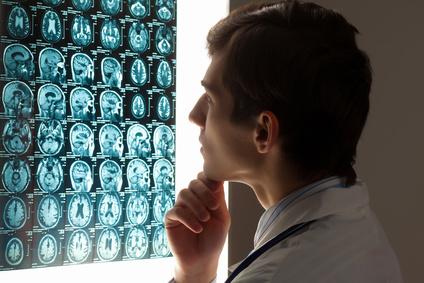- Free Consultation: (843) 391-9902 Tap Here to Call Us
What Concussion Symptoms May Arise After a Car Accident?

Concussions can result from movements or blows that initially seem very minor, particularly as your head doesn’t need to hit anything to experience a concussion. You may be in your car when another driver causes an accident, and that jolt may injure your brain, causing a concussion. A sudden movement can jostle your brain inside your skull, much the same way as an item placed inside a jar may be damaged if the jar is shaken.
At the same time, even if the blow that caused the concussion seems slight, the damage it can do to one of the most delicate parts of the human body is always concerning. Brain injuries like concussions can end up being fatal, so much so that the National Institutes of Health and the Mayo Clinic both believe that it is vital to get medical help within the first 24 hours of a concussion.
Given this, how do you protect yourself from a concussion? Keep reading this blog post to learn about the bodily symptoms that may warn you about a concussion, so that you can get prompt treatment. And if you are currently recovering from a concussion as a result of a car accident, reach out to a Darlington County auto accident lawyer today.
What Is a Concussion?
Concussions, as defined by the Mayo Clinic, are brain injuries that arise from sudden trauma to the brain and hence affect how our brains function. As discussed above, even just harshly moving our head can provoke a concussion when the brain strikes the skull. Head injuries can be highly dangerous, both because the brain is a delicate instrument and because symptoms can go under the radar. Sometimes symptoms don’t show immediately. This is worrying because untreated concussions can lead to permanent brain damage.
What Are the Symptoms of a Concussion Caused by a Car Accident?
Different kinds of discomfort can all herald the reality of a concussion. Some concussion-related kinds of discomfort are headaches, nausea, fatigue, temporary loss of consciousness, confusion, or feeling as if you are in a daze, among other things. Other long-lasting symptoms that at times manifest are sensitivity to light and noise as well as taste and smell disorders.
More serious, long-term consequences of a concussion may be post-traumatic headaches, post-concussion syndrome, or post-traumatic vertigo. Post-traumatic headaches can begin one week or several months after your accident, while post-concussion syndrome involves symptoms like anxiety, depression, and difficulty sleeping. Finally, post-traumatic vertigo occurs when you feel a sense of nausea or spinning lasting from a few days to months after your injury.



